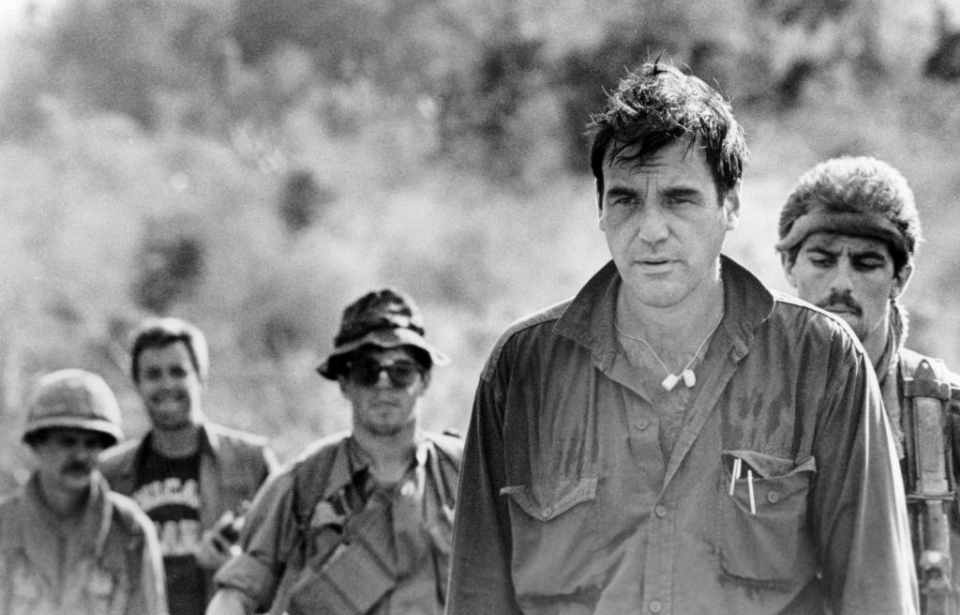Oliver Stone is among the most critically-acclaimed filmmakers, with his resume boasting the likes of Conan the Barbarian (1982), Scarface (1983), Platoon (1986) and Wall Street (1987). He’s also a veteran of the Vietnam War, and his experience overseas greatly influenced his most popular films.
Combat during the Vietnam War
Oliver Stone enlisted in the US Army in 1967 and requested to be put on combat duty. He felt it was his responsibility as an American to serve in Vietnam, and saw it as a rite of passage. Speaking about his decision, he said:
“I thought war was it; it was the most difficult thing a young man could go through… It was a rite of passage. And I knew it would be the only war of my generation, so I said, ‘I’ve gotta get over there fast, because it’s going to be over.’ There was also a heavy streak of rebelliousness in the face of my father, and I think I was trying to prove to him that I was a man, not a boy.”
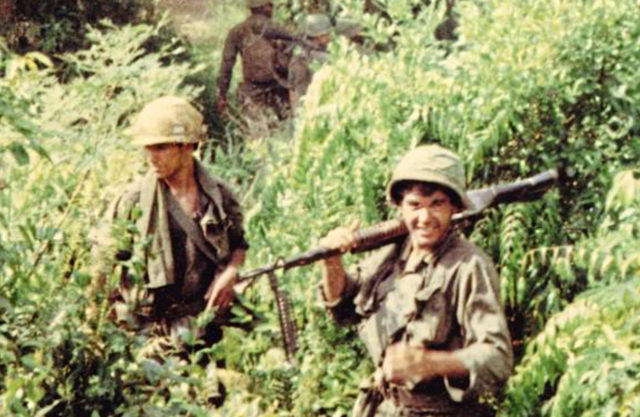
Stone, assigned to 2nd Platoon, Bravo Company, 3rd Battalion, 25th Infantry, arrived in South Vietnam on September 16, 1967. He was stationed near the Cambodian border, and during his year of service was injured twice. For his efforts, he received numerous honors, including the Purple Heart and the Bronze Star for valor.
Two instances have stuck with him. The first was during an ambush, during which a lieutenant, sergeant and his platoon’s scout dog were killed. In his memoir, Chasing the Light, he wrote about how he took “a crazy risk” that ended up working in his favor:
“On instinct, from 15 yards out, I pulled the pin on my grenade and hurled it. It was a crazy risk. If I’d overthrown the grenade, it probably would have wounded or killed some of our own men crouched beyond the hole. But it was a perfect pitch, and the grenade sailed into the tiny hole like a long throw from an outfielder into a catcher’s mitt, followed quickly by the concussed thump of the explosion. Wow. I’d done it!”
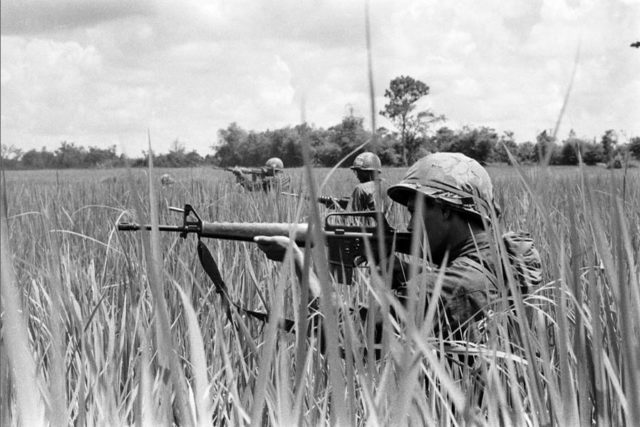
After recovering from his wounds, Stone was transferred to the long-range reconnaissance platoon of the 21st Cavalry Division. On June 1, 1968, he was patrolling the Cambodian border when he and his fellow servicemen came under attack by a large North Vietnamese regiment.
According to Stone, the battle – featuring heavy artillery, small-arms fire and bombs – lasted until dawn and almost ended in his death. When an F-4 Phantom began flying low overhead, he knew his life was at risk and jumped into the nearest foxhole and covered himself with dirt. He then felt the ground shake as the jet dropped its 500-pound bomb nearby. As he emerged from the ground, he found the area covered in napalm and charred bodies.
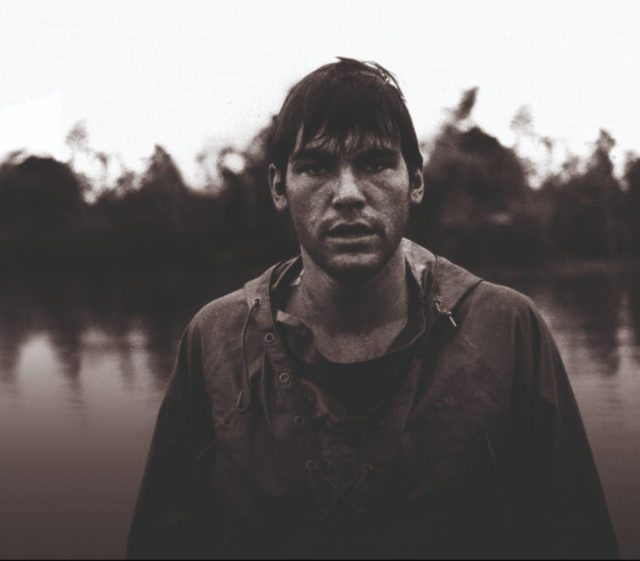
In November 1968, Stone was honorably discharged from the Army. With the help of the Vietnam GI Bill, he enrolled in New York University, where he studied filmmaking under Martin Scorsese. In 1971, he graduated with a Bachelor of Fine Arts degree in film.
Stone’s Vietnam trilogy
Following his return from Vietnam, Oliver Stone said he felt “very mixed up, very paranoid and very alienated.” Filmmaking afforded him a new focus in life, and it didn’t take long for Hollywood to recognize his talent. At the 1979 Academy Awards, he won the Oscar for Best Screenplay for his film, Midnight Express (1978).
Among his most notable movies include what’s become known as the Vietnam trilogy. Comprised of Platoon, Born on the Fourth of July (1989), and Heaven & Earth (1993), each shows a different perspective of the Vietnam War, from the naïve worldview of a young adult forced to grow up in the face of armed conflict, to how it impacted the civilians living through it.
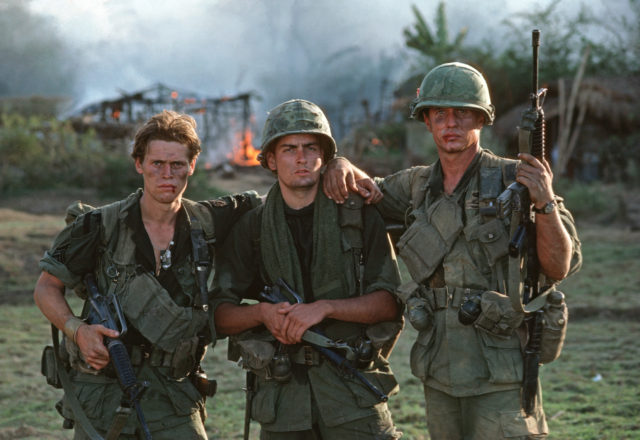
Platoon, starring Charlie Sheen, is a semi-autobiographical film about Stone’s own experience in Vietnam. It follows a young man who enlists because he’s upset over the notion that only the poor should be fighting. Once in Vietnam, he’s forced to undergo a quick transition into adulthood and change his overall mentality into one of survival.
According to Stone, he wanted to depict the lasting legacy of the war as one of “brutality and distress,” and wrote the movie as a way of showing future generations and those who didn’t serve the realities of the conflict. To achieve this, he used a mixture of historical information and his own experience.
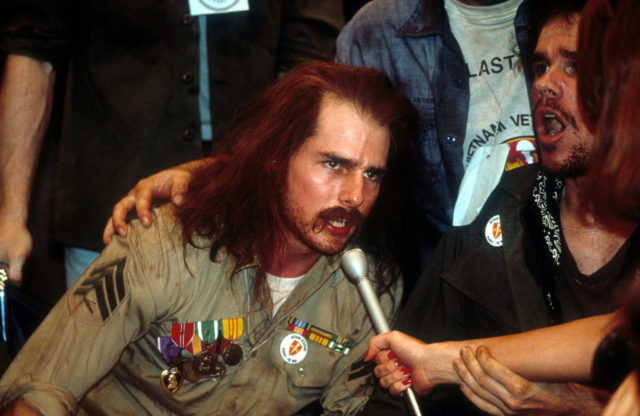
Born on the Fourth of July is based on the autobiography of Ron Kovic, a US Marine who became a paraplegic after being injured in Vietnam, which spurred him to become an anti-war activist. It stars Tom Cruise, and details Kovic’s life over a 20-year period, from childhood and his entry into the US Military, to his service in Vietnam and his shift to activism.
The final film in the trilogy, Heaven & Earth, performed poorly at the box office. It tells the story of Vietnam from the point of view of a young Vietnamese girl who lived in a village invaded by insurgents fighting against the French and American forces. Based on the memoir of Le Ly Hayslip, it portrays the harrowing events of her life, including her abduction and rape by the Viet Cong and moving to the US with a Marine gunnery sergeant
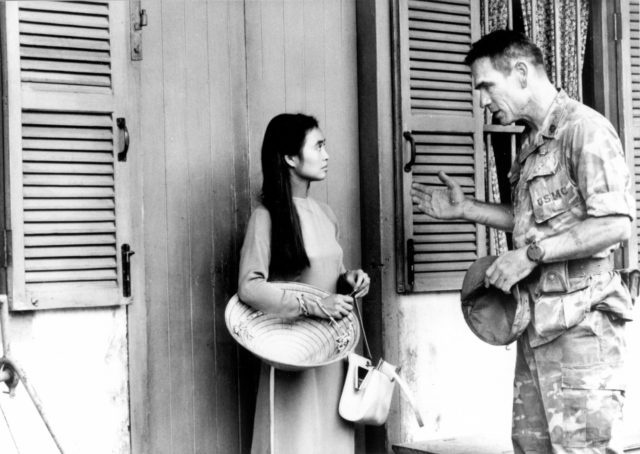
“Platoon would be more of the character I was, just shaken up,” Stone said of the films. “Born on the Fourth of July would be the character I was a few years later. I became more radical because I learned more and my perception of what we were doing in the world was changing.”
He added that what he experienced in Vietnam will always stay with him:
“No matter how much I deny it, Vietnam will stay with me until the day I die. It was the central event of my adolescence; I was nineteen to twenty-one then, I came of age in Vietnam, so I will always feel associated with that generation of young men, and if it were forgotten, then those men would have died for nothing.”
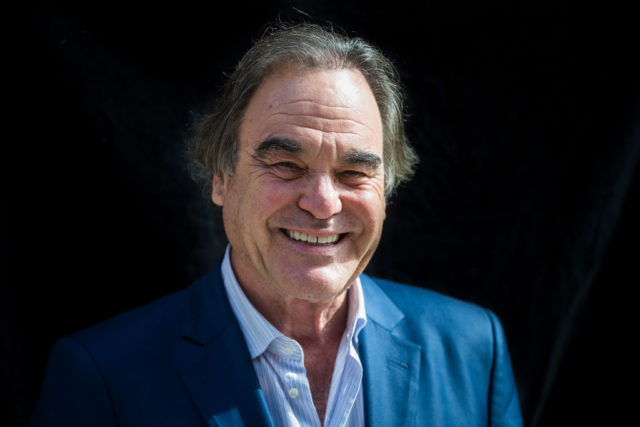
More from us: Martin Luther King Jr. was Awarded a Grammy for His Speech Denouncing the Vietnam War
He definitely succeeded in ensuring the conflict will never be forgotten.
